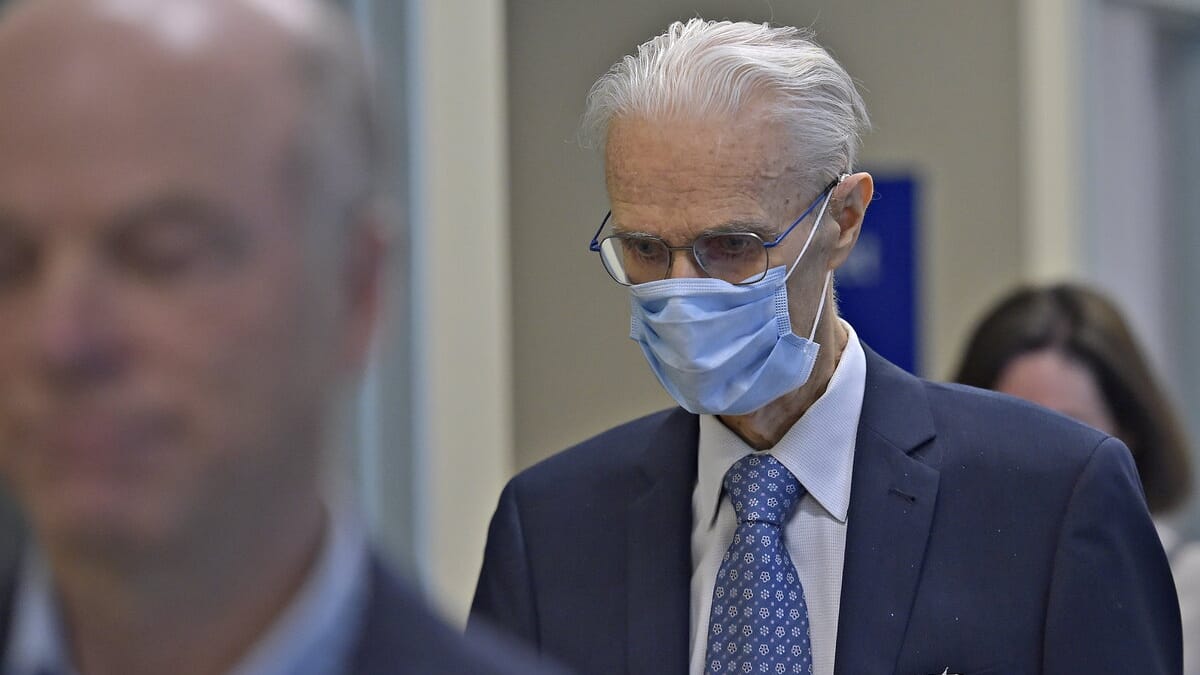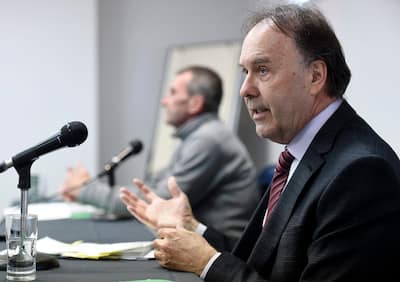On April 7, 2021, Canada's Justice Minister David Lametty's press release announcing his decision to order a new trial for ex-judge Jacques Delisle was very serious: “There is room for a full investigation…” , “Discovery of new information…”, “There may have been a miscarriage of justice.. “.
To lend credence to his position, Lametti cited section 696.1 of the Penal Code and a confidential inquiry by the Committee Responsible for the Review of Criminal Convictions (GRCC) consisting of distinguished legal experts. About ten experts from three Canadian provinces will also be involved.
After a 25-year sentence for the premeditated murder of his wife by a unanimous jury, rejected by all courts he addressed, including the Supreme Court of Canada, Delisle was never free and presumed innocent.
No judicial error
Last Thursday, GRCC's notoriously secretive report was made public and today we know that Minister Lametty is not telling the whole truth. Contrary to what people have been led to believe over the past three years, the group is not claiming a miscarriage of justice. He believes Delisle lied to investigators and made strategic errors, such as not testifying during the trial, which is entirely his fault.
As regards the new expert opinions submitted to the Committee, they did not constitute new facts, which many experts were able to pronounce even on the basis of the evidence available at the hearing. Again, Delisle's questionable choice not to present these expert witnesses at trial does not amount to a miscarriage of justice.
In light of these disturbing revelations, Jacques Delisle benefited from preferential treatment from the minister and the latter's decision represents an abuse of power. For reasons we know (today) do not consider, he rejected the highly exceptional nature of the power to reconsider a conviction and discredited the judicial process of impeachment, which led to a conviction for murder.
Lametty should explain himself
Other questions arise. Who influenced Minister Lametty, an elected Liberal politician, to take this astonishing decision? Lawyers? Friends? Other politicians or advertisers of all kinds? Unlike the judiciary, which is constituted by firm guarantees of impartiality and independence, the office of the Minister of Justice is permeable to cronyism and all forms of pressure. Was his decision purely ideological, related to the Trudeau government's soft-on-crime philosophy?
The House of Commons Standing Committee on Justice should take up the matter and call David Lametty to explain. In Canada, even today, the question is whether all citizens are truly equal before the law.
Marc Bellemare, Quebec's Liberal Party lawyer and former justice minister

“Music geek. Coffee lover. Devoted food scholar. Web buff. Passionate internet guru.”




